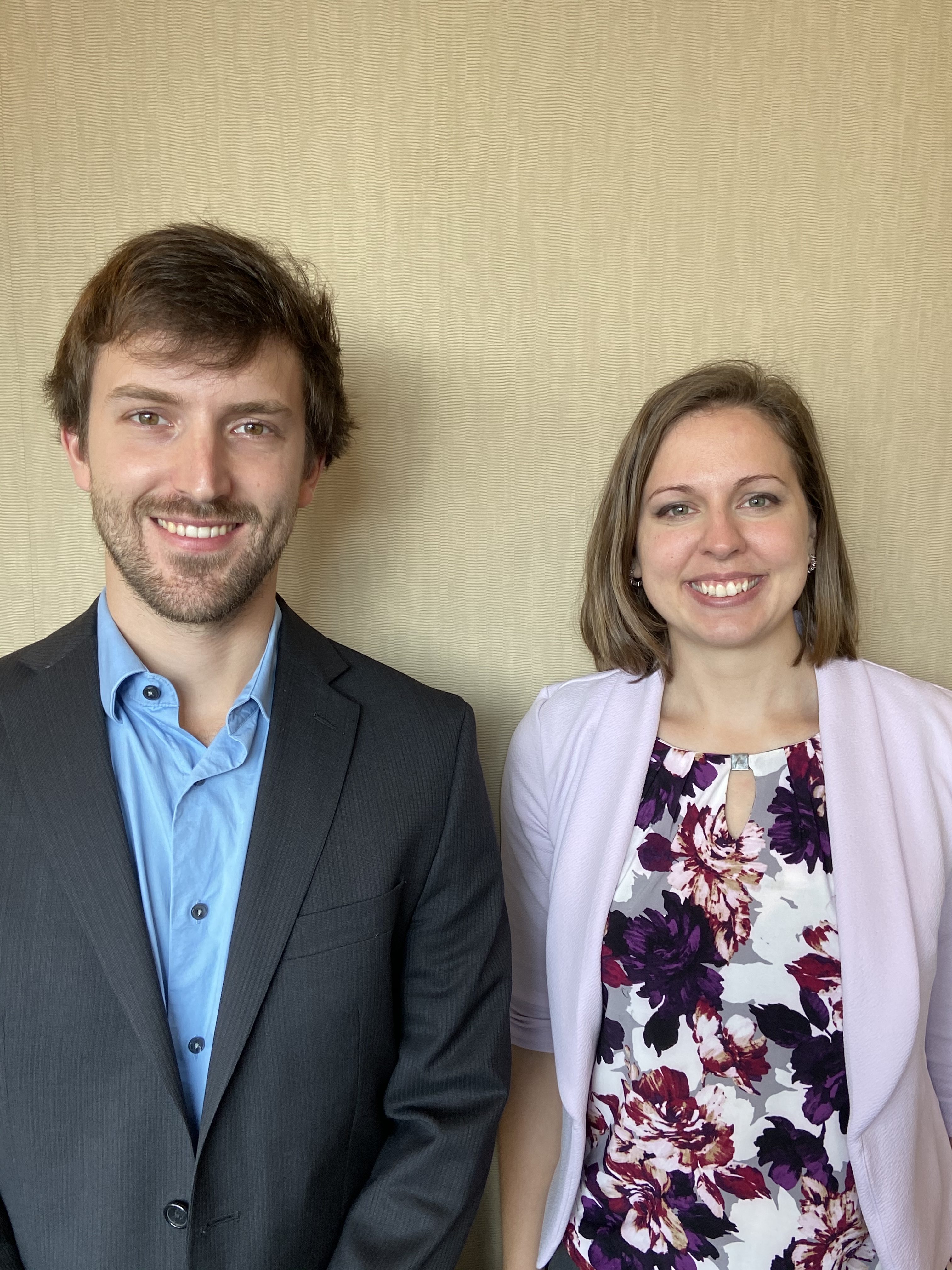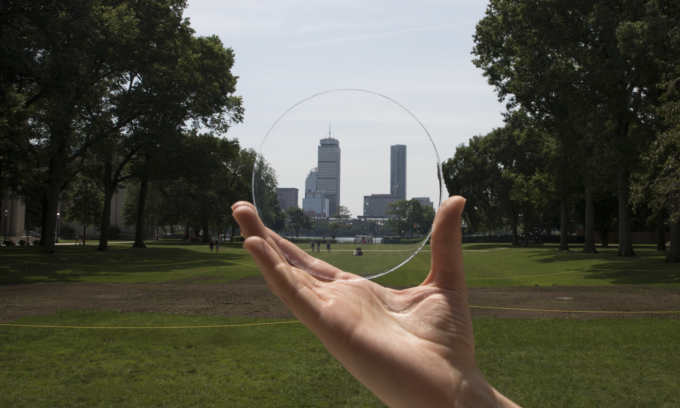Elise Strobach spent her master’s and Ph.D. at MIT researching a glass-based aerogel. The team manipulated how heat and light pass through the aerogel, and succeeded in blocking much of the heat but virtually none of the light.
Her next step was figuring out the best application for this novel material. Market discovery helped Strobach and her labmate, Kyle Wilke, zero in on the window industry, and AeroShield Materials was born.
AeroShield’s technology offers 50 percent more insulation than typical double-pane windows and is far thinner, lighter, and less expensive than traditional triple-pane windows. These advantages are significant—according to the Department of Energy, energy transfer through windows is responsible for 25 to 30 percent of residential heating and cooling use.
“It’s this huge baseline energy draw that’s high because insulating windows is a challenging thing to do,” Strobach explains. “At the end of the day, there’s huge potential—billions and billions of dollars in energy savings and significant carbon reduction—if you can find a better way to insulate your windows.”

Here’s how it works: insulated glass manufacturers place AeroShield’s material between two panes of glass in what eventually become windows later in the supply chain. The aerogel is mostly air, with pores so small that they don’t “interact” with light, Strobach explains. It provides insulation against conduction, convention, and radiation.
Because the aerogel is such an effective insulating material, AeroShield is able to use low amounts of it—a cost savings that the company can pass on to its customers. AeroShield has completed its technical validation at the lab scale, and next will prove scalability at window sizes.
The company joined Greentown Labs earlier this year after graduating out of MIT. The team wanted to find a place with an active, supportive community, according to Strobach.
“Greentown was such a fantastic next step, with access to that great cleantech ecosystem that we’d already been starting to grow in through MIT,” she said. “In all the interactions that we’ve had, the companies at Greentown seem to have this real sense of purpose that is shared across the community, and we were really excited to be a part of that.”
Greentown Labs is a community of bold, passionate entrepreneurs creating solutions for today’s biggest climate and environmental challenges. Located in Somerville, Mass., Greentown Labs is the largest cleantech incubator in North America, operating a 100,000 sq. ft. campus comprised of prototyping and wet lab space, shared office space, a machine shop, electronics lab, and a curated suite of programs and resources. Greentown Labs is home to more than 100 startups and has supported more than 250 since its inception.


